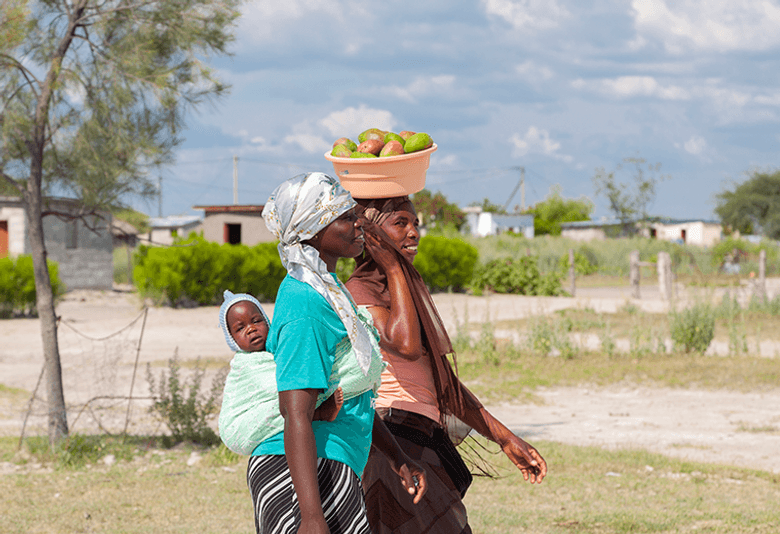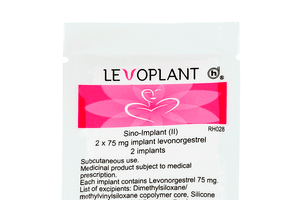Growing up as a young girl in an African household, the concept of sex, let alone contraceptives, was never discussed in the home. The culture in my home country, laden with strong Christian morals and a colonial past that placed sex before marriage in the list of special sins never to commit, seldom allowed the topic of sex a seat at the table. Elders in my home never touched upon sex, what it entailed, and what to look out for. So like many of my peers, information about safe sex was pieced together from bits and bobs collected through life as I grew older.
The topic of sex, and in turn safe practices around them is trending mostly in sub-Saharan Africa, specifically in countries such as Botswana. Family planning experts have noted the greatest challenge in the country to contraceptive uptake is a lack of information and general distrust towards them overall. Over the past few decades however, some strides have been made in increasing the uptake of safe sex practices, but the success rate of interventions is still leave much to be desired due to the types of contraceptives that are popularly used.
Short acting contraceptives continue to be the most common option utilized, with the pill taking the most space in this arena, and this is to be commended; safe sex in any shape or form is better than unsafe sex. But there is still much to be desired when it comes to long-acting contraceptives. The availability of these products has improved over the past years but people still struggle to get information about them. This post serves to bridge that gap. But before we do so, let’s dive into some details pertaining to access in Botswana:
What Does LARC Even Stand For?
LARC stands for Long-acting Reversible Contraceptive. Specifically for women, the categorization includes hormonal and non-hormonal contraceptives that can be used to prevent or plan pregnancy. They include the implant, such as the Levoplant, the injectable, such as DMPA-IM or Depo-Provera and intrauterine devices. These contraceptive options often work for long periods of time without the user needing to take them everyday. You can easily reverse their effect if you are looking to conceive.
So, What’s So Great About LARC Options?
LARC options are amazing if you are not looking to conceive for an extended period of time. They require low commitment because you don’t have to ingest something everyday. They can also be very beneficial for regulating one’s menstrual cycle. Although they are long acting, you can reverse their effect if you want to conceive.
Are They Available in Botswana?
In 2016, the Botswana Ministry of Health approved the use of three LARC options. They are the implant, the intrauterine device and the progesterone-only injectable. Levoplant is a famous brand for the implant and Depo-Provera for the injectable. All these products are available in both public and private health facilities. In public facilities, they are provided at subsidized rates.
Who Can Use These Contraceptives?
Most women in the age of menarche can use LARC contraceptives. There are often misconceptions about these methods only being for women who have conceived before, but this is not true. All three LARC options are safe to use for any woman. With any contraceptive method, there is a risk of side effects, but this is unique to each woman and further information can be found at findmymethod.org
Where Can I Get More Information About These Options?
The Botswana Family Planning Association (BOFWA) as well as the Ministry of Health’s Facebook page offer information on LARC methods in the context of Botswana, as well as providing locations in which these services are available. You can also find information about LARC methods on the findmymethod.org website where you can compare options and decide which is best for you.
Do you have something to share? Leave your comments below, contact us on our social media platforms: Facebook, Instagram, Twitter, YouTube and TikTok or send us an email to info@findmymethod.org. For more information on contraception, visit findmymethod.org
About the author: Marie-Simone Kadurira is a Reproductive Health consultant in Southern Africa. She is also the founder of Vasikana Vedu. It is a not for profit organisation which combats period poverty in the region.




